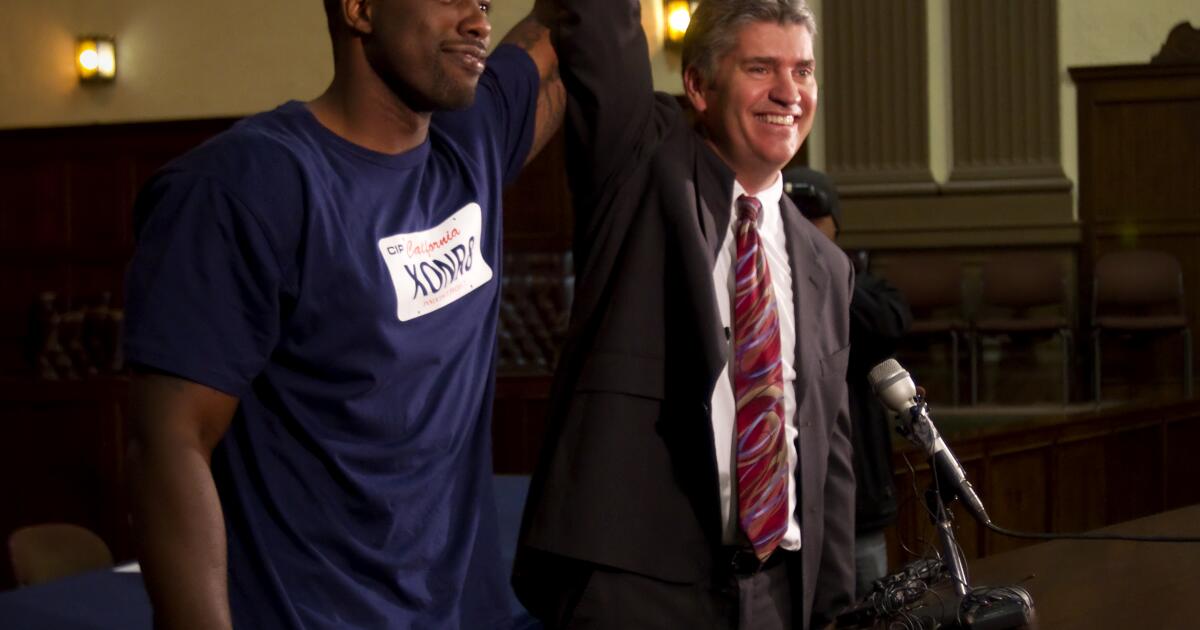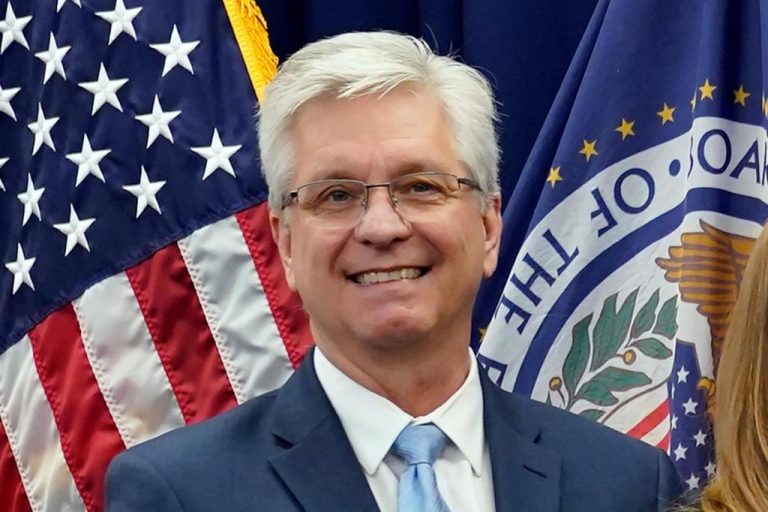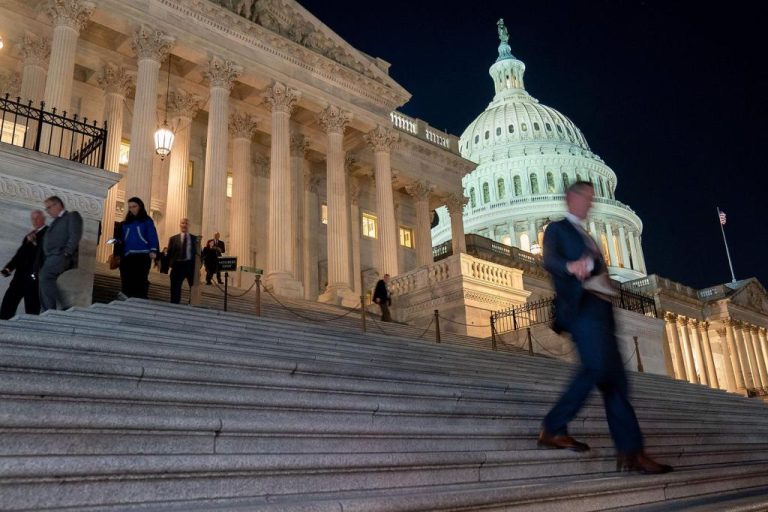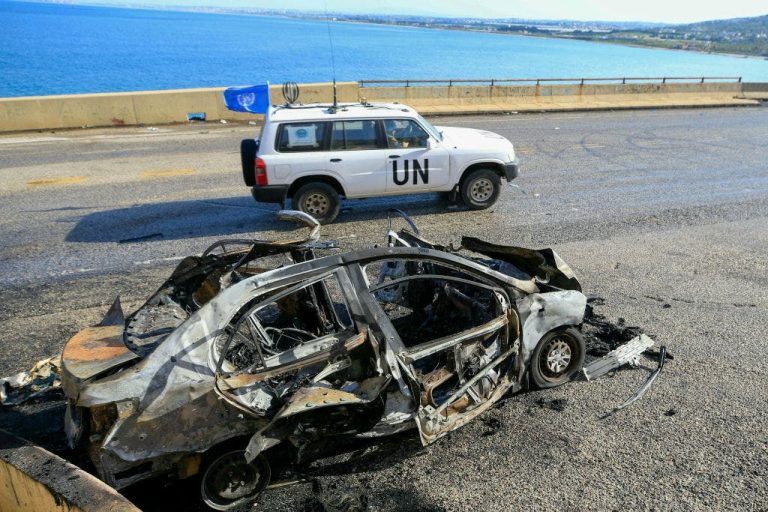
The acclaimed California Innocence Project shut it doors this week, taking a hiatus until its newly hired director steps into the job next summer — a pause that came as a surprise, given the group’s high-profile work exonerating people who have been wrongly convicted of serious crimes.
California Western School of Law shared news of the temporary stop-down Thursday while announcing it has hired a new director, a law professor at the University of Alabama and former San Diegan, to take over the program starting July 1.
A school spokesperson said the project was representing fewer than 15 clients, and all have been transferred to attorneys who will represent them. Hundreds of people reach out to the organization each year asking its attorneys to take their cases. Cal Western spokesperson Catherine Spray said it will refer such inquiries to “alternative innocence projects in Southern California.”
The California Innocence Project has freed 40 people since it was founded in 1999, including one-time NFL hopeful Brian Banks, a former high school football star who was falsely accused of rape. His story later became a movie, with actor Greg Kinnear playing Justin Brooks, who co-founded and co-directed the California Innocence Project.
It’s been a year of change for the California Innocence Project. Brooks stepped down from his long-held leadership there in May and resigned his tenured faculty position. He has since joined the faculty at the University of San Diego’s School of Law, where he will lead programs aimed at training law students, professors and lawyers in Latin America, and Mexico in particular.
Brooks declined comment on the pause Friday. On Thursday, he posted a message on X (formerly known as Twitter), saying “After 24 years of great work the operation was shut down yesterday. Tragic.”
With Brooks’ departure, attorney Alissa Bjerkhoel was tapped as the interim director of the California Innocence Project. But she also left, after Gov. Gavin Newsom appointed her as a superior court judge in California’s Nevada County.
Asked why the law school paused the program rather than bringing in another interim leader through the spring, Spray pointed to the timing and a requirement from the American Bar Association that faculty members lead such legal clinics.
“The cycle for hiring a faculty member has ended for this academic year, and thus it is extremely difficult to find an interim director with post-conviction experience, and experience managing a clinic and teaching law students on such short notice,” Spray said.
She said none of the staff attorneys volunteered to take the interim job.

Timothy Atkins, left, who was freed from prison after 20 years, eats pizza with the staff of the California Innocence Project in their offices at Cal Western School of Law on April 13, 2007.
(John Gibbins/The San Diego Union-Tribune)
Project co-founder Jan Stiglitz left the organization a few years ago, but he remains an emeritus professor with Cal Western. He called the development “the end of an era.”
He said part of the work is to look into the hundreds of inquires the project receives each year, with an eye toward viable cases. “For the foreseeable future, they’ve got no one really doing anything,” Stiglitz said.
He said staff attorneys have left the program. The school said the project had no interns on hand this fall.
The new director headed to the California Innocence Project is Amy Kimpel, an associate professor and director of the Criminal Defense Clinic at the University of Alabama. Part of her job at the clinic there involved work on cases of people who had already been convicted of a crime.
In the news release Thursday announcing her hiring, Cal Western President and Dean Sean Scott said Kimpel “will be a wonderful addition to our faculty, as well as a highly qualified and experienced Director of the CIP.”
Kimpel once worked for the Federal Defenders of San Diego, which handles criminal defense cases for indigent clients in federal court, and also worked for the Santa Clara County Office of the Public Defender in San Jose, according to Cal Western.
“We are excited to anticipate Professor Kimpel’s arrival and having her write the next chapter for the California Innocence Project at California Western School of Law,” Scott said.
Earlier this year, Brooks said that when he and Stiglitz co-founded the California Innocence Project, there were only a handful of people doing that kind of work across the country. But last year, he went to an innocence conference in Phoenix that drew more than 1,100 attendees.







